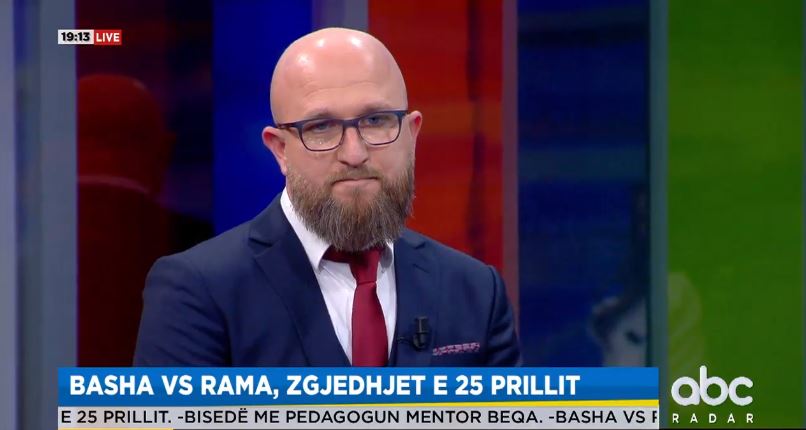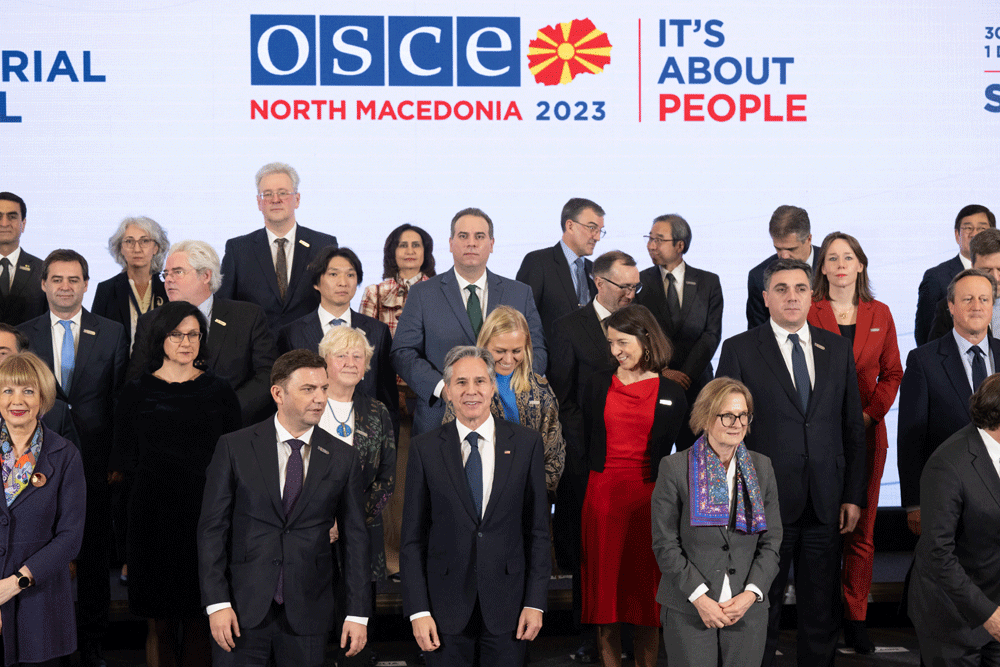Dr. Mentor Beqa, Executive Director of the Institute of Political Studies “Sami Frashëri,” recently appeared on ABC News in a segment hosted by journalist Sibora Bitri. The discussion focused on the latest developments in the Balkans, offering in-depth analysis and expert insights into the region’s current political, social, and economic climate.
Key Highlights:
- In-Depth Analysis: Dr. Beqa provided a comprehensive overview of recent events and trends in the Balkans, touching on the implications for regional stability and European integration.
- Expert Insights: With his extensive background in political studies, Dr. Beqa shed light on the complexities of the Balkan region’s geopolitical landscape, highlighting the challenges and opportunities facing the countries within it.
Invitation to Viewers:
For those interested in understanding the dynamics of the Balkans and its future trajectory, we invite you to watch the full conversation between Dr. Mentor Beqa and Sibora Bitri on ABC News. The discussion promises to offer valuable perspectives on the region’s ongoing developments and their broader implications.
Watch the Full Conversation:
The engaging dialogue between Dr. Beqa and journalist Sibora Bitri is accessible for viewing, providing audiences with a nuanced exploration of the Balkan region’s current state. Follow the conversation here.


 Share on WhatsApp
Share on WhatsApp
 Share on Facebook
Share on Facebook

